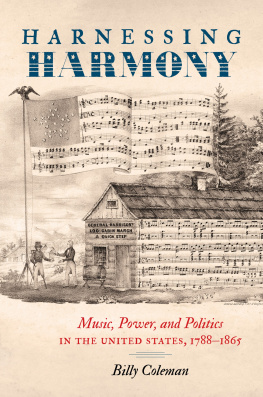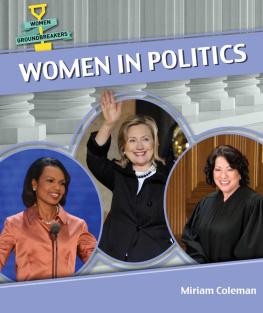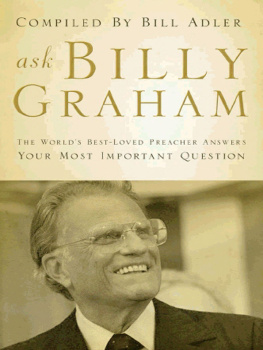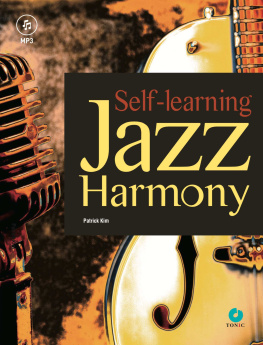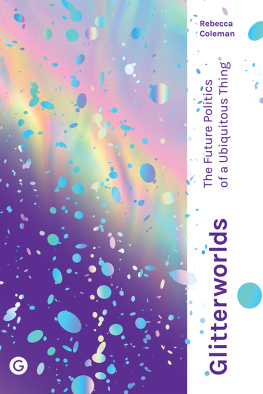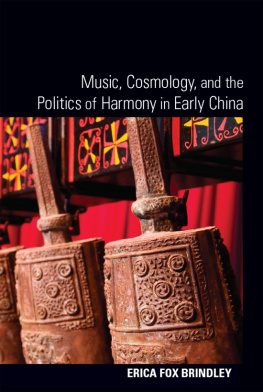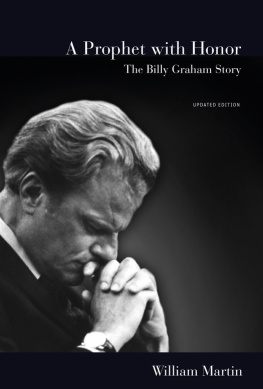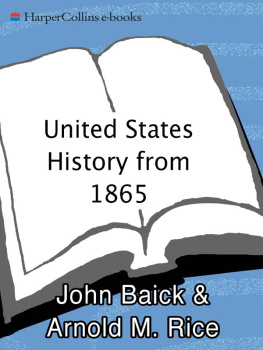2020 The University of North Carolina Press
All rights reserved
Set in Merope Basic by Westchester Publishing Services
Manufactured in the United States of America
The University of North Carolina Press has been a member of the Green Press Initiative since 2003.
Names: Coleman, Billy, author.
Title: Harnessing harmony : music, power, and politics in the United States, 17881865 / Billy Coleman.
Description: Chapel Hill : University of North Carolina Press, [2020] | Includes bibliographical references and index.
Identifiers: LCCN 2019054501 | ISBN 9781469658865 (cloth : alk. paper) | ISBN 9781469658872 (paperback : alk. paper) | ISBN 9781469658889 (ebook)
Subjects: LCSH: MusicPolitical aspectsUnited StatesHistory19th century. | MusicPolitical aspectsUnited StatesHistory18th century. | Political cultureUnited StatesHistory. | Elite (Social sciences)United StatesHistory. | ConservatismUnited StatesHistory.
Classification: LCC ML3917.U6 C66 2020 | DDC 306.4/8420973dc23
LC record available at https://lccn.loc.gov/2019054501
Cover illustrations: Front, General Harrisons Log Cabin March and Quick Step (Baltimore: Samuel Carusi, 1840), priJLC_POL_002630, The Jay T. Last Collection of Graphic Arts and Social History, Huntington Digital Library; back, musicians marching, n.d., 7986.F.13, The Library Company of Philadelphia, https://www.librarycompany.org.
A version of chapter 1 was published in a different form as The Music of a Well Tund State: The Star Spangled Banner and the Development of a Federalist Musical Tradition, Journal of the Early Republic 35, no. 4 (2015): 599629 (https://doi.org/10.1353/jer.2015.0063).
Acknowledgments
The pages you are holding were written in apartments, houses, offices, libraries, and cafes in four different countries on three different continents. Each place a home made and left and made again. The themes of the book were first glimpsed as an undergraduate in Sydney, Australia. They took shape in London, England, were transformed in Columbia, Missouri, and were brought back together in Vancouver, British Columbia. At every stageand in every placeI have benefited from the material, emotional, and intellectual investment of so many. It is hardly enough for me to offer a few brief words of recognition in return. But I will try.
Inspiring and generous scholars paved my path. At the University of New South Wales, Ian Tyrrell and Lisa Ford offered inimitable introductions to the historians craft and, together with Julie Kalman (now at Monash University) and Mark Rolfe, encouraged my early attempts at figuring it out. Ariadne Vromen and Anika Gauja in the Department of Government at the University of Sydney modeled the meaning of mentorship at a crucial juncture, despite my not actually being their student. And at University College London, Axel Krner, Stephen Conway, and David Sim pushed me to link music, politics, and American history together in ways that mattered. Most importantly, Adam I. P. Smith (now at the University of Oxford) gave me the spaceand the confidenceto ask big questions, to write about the past with heart, and to make my own way. For all sorts of reasons, the existence of this book is due to Adams incisive, energetic, and steadfast championing of it.
The research was made possible thanks to the financial assistance of many institutions. A scholarship from the University of New South Wales underwrote an important and often overlooked stage of honors-level undergraduate research before University College London provided the means for making the larger project a reality. Anyone who has undertaken archival research in the United States from the United Kingdom knows that doing so amounts to no small expense. So it was my great fortune to receive travel grants from the BrANCH Peter J. Parish Memorial Fund, the Royal Historical Society, and University College London. And it was a privilege to benefit from an Andrew W. Mellon Foundation Fellowship at the Library Company of Philadelphia and Historical Society of Pennsylvania, a Lord Baltimore Fellowship at the Maryland Historical Society in Baltimore, and a Short-Term Resident Fellowship at the Newberry Library in Chicago. Finally, a semester spent at Yale University with Joanne Freeman and the Yale Early American Historians (YEAH) gave me invaluable access to a uniquely rich intellectual community as well as to the kinds of primary sources that could, and did, turn the book on its head.
All the funding in the world could have hardly made up for the resourcefulness, dedication, and hard work of archivists and librarians at the following institutions that I was lucky enough to utilize: the American Antiquarian Society, the American Philosophical Society, the Beinecke Rare Book and Manuscript Library, the Charleston Historical Society, the Chicago History Museum Resource Center, the Georgia Historical Society, the Harvard University Archives, the Historical Society of Pennsylvania, the Historical Society of Washington, DC, the Irving S. Gilmore Music Library at Yale University, the Kislak Center for Special Collections at the University of Pennsylvania, the Library Company of Philadelphia, the Library of Congress, the Maryland Historical Society, the Massachusetts Historical Society, the New Haven Museum Whitney Library, the New-York Historical Society, the Newberry Library, the New York Public Library, the Sterling Memorial Library Manuscripts and Archives Division, the University of Maryland Library Special Collections, and the Virginia Historical Society. The Missouri State Archives and the Massachusetts Historical Society also provided seamless and efficient remote-research services, and Lisa Francavilla at the Papers of Thomas Jefferson and Neal Millikan at the Adams Papers offered vital assistance in helping me unravel some tricky questions.
While traveling, I was aided by the exceptional kindness of friends and family. In particular, Nichole George in Boston and Jill Dancewicz in Chicago were both unduly kind in opening their homes to me for extended lengths of time. Participants at the Columbia University Seminar in Early American History and the Atlantic Seminar at Johns Hopkins University graciously greeted a bewildered traveler into their midst. And the intellectual camaraderie fostered among fellows at the Newberry Library in Chicago and the Library Company in Philadelphia made research there all the more rewarding. Special thanks also to Christian McWhirter and Jim Ashton, who both unreservedly shared their knowledge and enthusiasm for music and American history while I was in their vicinity. In London, the American History seminar series at the Institute of Historical Research brings together a collegial and supportive group of American historians that Americanists equal to anywhere in the world. There are far more people in London, and the United Kingdom more broadly, than I can mention, but Daniel Peart, Julia Mitchell, Jon Chandler, Erik Mathisen, Joanna Cohen, Richard Carwardine, Patrick Doyle, Alys Beverton, Mark Power Smith, Susan-Mary Grant, Andrew Heath, Nicholas Guyatt, and Camila Gatica Mizala all marked this project in many and various ways that collectively would take another book to detail.
A postdoctoral fellowship with the Kinder Institute on Constitutional Democracy at the University of Missouri enabled me to revise the manuscript in an atmosphere as stimulating and supportive as I could have imagined. Thanks especially to Jeffrey Pasley, Justin Dyer, Jay Sexton, Allison Smythe, and Thomas Kane for making my time there possible. It is rare to find an intellectual environment that blends scholarly encouragement, rigor, and sociability as effortlessly as the Kinder Institute, so thanks also to Karen Pasley, Armin Mattes (now at the University of Virginia), Caitlin Lawrence, Skye Montgomery (now at Durham University), David Golemboski (now at Augustana University), Lawrence Celani, Zach Dowdle (now at William Woods University), Bill Clark, Christa Dierksheide (now at the University of Virginia), Carli Conklin, Catherine Rymph, and Andrew Robertson for making me feel so welcome. Another postdoctoral fellowship in the Department of History at the University of British Columbia in Vancouver has allowed me to bring the book to completion from an incomparably picturesque perch. Leslie Paris and Eagle Glassheim have gone out of their way to promote my research and teaching, and I am grateful to colleagues at the top of Buchanan Tower for adding me to the fold, in particular, Michael Lanthier, Alisa Wade (now at California State University, Chico), Tristian Grunow (now at Yale University), Arlene Sindelar, Coll Thrush, Jocelyn Smith, Heidi Tworek, John Christopoulos, Michel Ducharme, Tina Loo, Brad Miller, and David Morton. As a newcomer, Bob McDonald never hesitated to extend the same wit, charm, and laughter to me that he had made a lifetime of sharing with everyone else.

